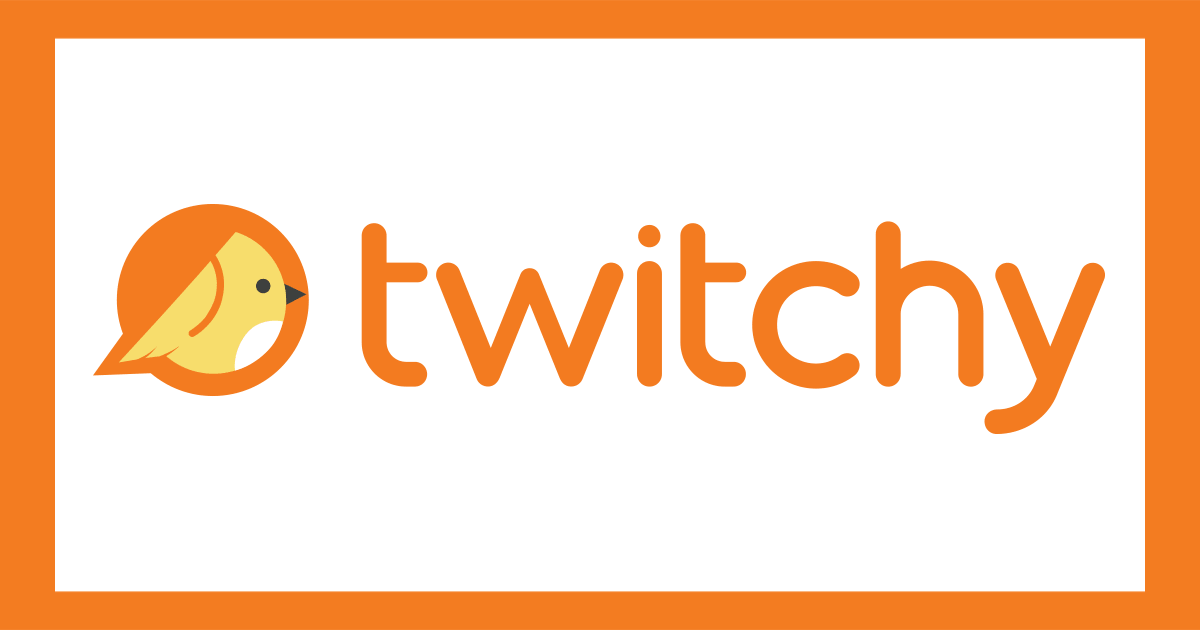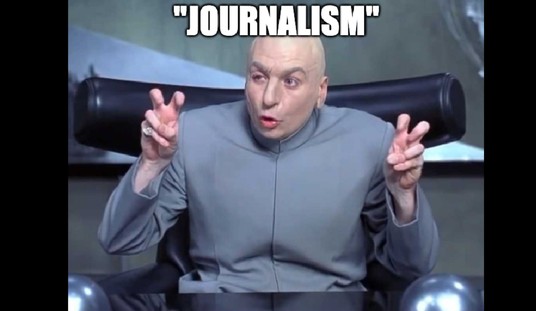In October 2018, The Hollywood Reporter published a piece called, “‘Star Wars: The Last Jedi’ Negative Buzz Amplified by Russian Trolls, Study Finds.'” For some reason, that year-old study (and theory) was picked up on Christmas Eve by Annalee Newitz, who published a piece in the New York Times titled, “‘Star Wars’ Fans Are Angry and Polarized. Like All Americans.”
And so the study claiming that Russian trolls were behind as much as half of the online hate for “The Last Jedi” was pushed into the forefront again. To emphasize her point about America being polarized, Newitz wrote that “… a recent study by Morten Bay, a University of Southern California digital media researcher, revealed that over 50 percent of the venom directed on Twitter at Rian Johnson, director of ‘The Last Jedi,’ came from the same sources as Russian election meddling.”
"It's Putin's fault that Star Wars sucks now"
— ?It's?Almost ⛄️Christmas? (@jtLOL) December 26, 2019
So the same Russian trolls who meddled in the 2016 election also rage-tweeted at “Last Jedi” director Rian Johnson?
50% of the hate The Last Jedi got online was a troll operation – some coming from troll farms Russia. That’s insane. pic.twitter.com/tNws011Le5
— Eric Koch (@EricDKoch) December 26, 2019
That is insane.
No, Secret Russian Agents Probably Aren’t Behind ‘The Last Jedi’ Hate (It was just a bad movie)https://t.co/JdjsHUVtsj
— (((AG))) (@AG_Conservative) December 26, 2019
Oh cool, now the Times is spreading this BS.
No, Secret Russian Agents Probably Aren’t Behind ‘The Last Jedi’ Hate https://t.co/PRRY3mEBjW https://t.co/PXhGfQhoq2
— Griswold Christmas Vacation (@HashtagGriswold) December 26, 2019
So Russian bots were using the debate over the movie “to propagate political messages supporting extreme right-wing causes and the discrimination of gender, race or sexuality.” What?
NYT piece claims "over 50% of the venom directed on Twitter at Rian Johnson, director of 'The Last Jedi,' came from the same sources as Russian election meddling." That's not really what the study or its author says.https://t.co/0HlhHWCcFshttps://t.co/HMcHKdWtJ9
— (((Yair Rosenberg))) (@Yair_Rosenberg) December 26, 2019
The study's author actually found: "The suspected Russian trolls are so few that it is basically the normal amount of Russian trolls you'd expect to be present in a high-profile online debate." NYT should know better. Media sensationalism of narrow academic findings helps no one. https://t.co/mUAy6nB8qB
— (((Yair Rosenberg))) (@Yair_Rosenberg) December 26, 2019
The author of the misrepresented study on The Last Jedi and Russian trolls is now having to correct people's misimpressions of it thanks to the NYT's poor reporting of his findings. They really ought to amend the article. https://t.co/eGNkMiUyhH
— (((Yair Rosenberg))) (@Yair_Rosenberg) December 26, 2019
The author of the study even popped up Thursday to refute the New York Times’ narrative:
As a big fan of the Star War you did, I feel like I should make sure this isn't misunderstood. It was mostly US-based "political operatives" (I would call them activists) who did it. There were a few Russian trolls, but that's just because they are in every conflict online now.
— Morten Bay, Ph.D. and stuff (@mortenbay) December 26, 2019
That makes it even worse
— Rob Steinernomics ? (@Steinernomics) December 26, 2019
I agree. I kept telling that to reporters who called me about the Russians, but they felt the Russia story was much better – even though it had much less resonance in the actual findings. I mean, I saw U.S. gun rights activists getting involved who never tweeted about SW before.
— Morten Bay, Ph.D. and stuff (@mortenbay) December 26, 2019
Alex Griswold reports at The Free Beacon:
First, it’s important to note that study didn’t actually study general tweets about Star Wars, given how many thousands of those there are in a given day. Instead Bay chose to study “tweets addressing The Last Jedi director Rian Johnson directly. Using Twitter’s Advanced Search functionality, I retrieved 1273 tweets tweeted directly at the director’s Twitter handle, ‘@rianjohnson’ between December 13, 2017 and July 20, 2018.”
…
From there, Bay went through each tweet individually and determined whether the tweet is positive, neutral, or negative. He then went through the accounts that sent the negative tweets and categorized them as “Political agenda, Troll/Sock Puppets/bots and Real fantagonists” based on their other Twitter activity.
So it sounds like a rather flimsy study done over a year ago has just been revived and misconstrued by the New York Times to make it sound like Russians were behind the online campaign to trash “The Last Jedi” — which even the author of the study refutes.
Are you effing kidding me? This is a thing??
— Kron (@Kronykal) December 26, 2019
Russians Russians everywhere! Except when it's not.
— I'm To Blame (@im2blame4) December 26, 2019
it's pathetic they even considered this, because god knows Russia has a vested interest in hating big media, i'm sure that'll bring the USSR back. Cold war paranoia has been reignited.
— HJ (@18milesout757) December 26, 2019
It sounded good while it lasted, Vlad v. the anti-fascist Jedi.
— davidrlurie (@davidrlurie) December 26, 2019
What? The @nytimes got a story wrong? pic.twitter.com/64PHAvboVr
— Scottie (@scott_e716) December 26, 2019
Reason #200,006 I no longer subscribe to the @nytimes
— ⚖️Laura H. (@LauraKY06) December 26, 2019
And the squabbling over “The Rise of Skywalker” is already in high gear.
#RoseTico played by the iconic Kelly Marie Tran only has 1min 16 sec of screen time, out the 2h 22m runtime of #StarWars: #TheRiseOfSkywalker.
Source: @Slate pic.twitter.com/ePFZ1wPk2K
— Nerdy PoC (@NerdyPoC) December 26, 2019
“Iconic”?
Related:
VIP » Confirmed: New ‘Star Wars’ movie has queer representation, but only for a couple seconds https://t.co/uudCVqfbwD
— Twitchy Team (@TwitchyTeam) December 18, 2019
























